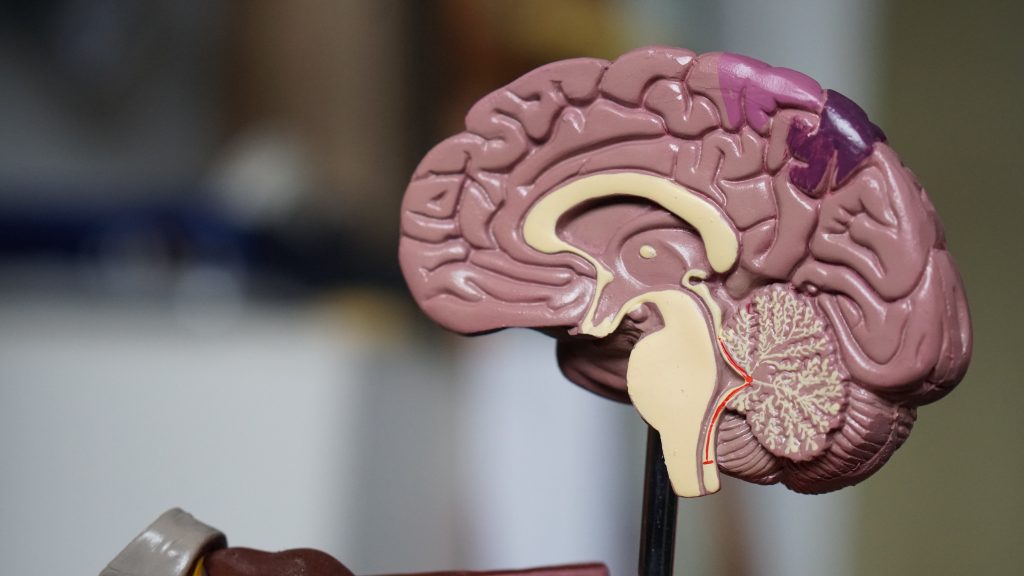Native to South Asia, turmeric (Curcuma longa) belongs to the same family as ginger (Zingiberaceae). Golden in color, turmeric is a popular spice for its ability to enhance foods’ aesthetics, flavors, and nutritional values. It can reach a height of roughly one meter, and the rhizomes are what is harvested from the plant. But what do we know about turmeric?
For more than 4000 years, people have been cooking with and using turmeric for its health benefits. Traditional uses for turmeric have long been praised, and only recently has scientific evidence begun to support these uses. Find out 10 amazing things you never knew about turmeric.
What You Didn’t Know About Turmeric
Turmeric Cleanses the Body
Toxins from food and the environment bombard your body constantly. These chemicals have been linked to inflammation and possibly cancer. Lucky for you, turmeric helps purify your system. Curcumin, the active ingredient in turmeric, has been shown to aid the liver in its detoxification and cleansing functions. It also mitigates the harmful effects of carcinogens.
Stimulates the brain

Further clinical research found that adults without dementia whose treatment regimen included 90 milligrams of turmeric twice daily for 18 months saw significant improvements in memory. Researchers hypothesized that the anti-inflammatory effects of turmeric and its antioxidant properties would slow the decline in memory and cognitive function.
Manage Excessive Cholesterol
Turmeric has been the subject of a number of studies, with some coming to the conclusion that it can reduce levels of “bad” cholesterol while others come to the conclusion that it has no effect. Researchers have been exploring turmeric for its potential heart health benefits. Patients who have undergone bypass surgery may benefit from taking turmeric to prevent future heart attacks, according to a single small study.
Helps in regulating inflammation
Turmeric’s health benefits come from curcumin. Curcumin’s anti-inflammatory properties are among its greatest strengths. The findings of a study published in Oncogene showed that curcumin is one of the most powerful anti-inflammatory compounds known to science. Many therefore hold the view that it is useful (and safe) in treating conditions such as cancer, arthritis, and chronic pain.
Aids in fighting against depression

When someone suffers from depression, their brain produces less of a protein called brain-derived neurotrophic factor (BDNF), and their hippocampus, which plays an important role in learning and memory, begins to shrink. Research suggests that turmeric may be able to counteract or at least slow down the effects of these shifts by increasing BDNF levels.
Effective for treating Alzheimer
Up to 70 percent of all dementia cases are thought to be caused by Alzheimer’s disease. Alzheimer’s disease currently has no cure, though its symptoms can be managed with treatment. That’s why it’s crucial to take precautions to avoid the problem in the first place. The anti-inflammatory compound turmeric has been shown to have beneficial effects on the pathological progression of Alzheimer’s disease and is able to cross the blood-brain barrier.
Perfect for the Skin
Acne can be treated with turmeric. As a bonus, it also exfoliates, so your skin will look fresh and radiant even before you use it. It is also useful for thinning out coarse beards and mustaches. Many commercially available creams, soaps, and foundations contain turmeric due to its cosmetic benefits.
Useful in warding off cancer
Tumor cell growth has been inhibited by turmeric, and the activity of detoxifying enzymes has been enhanced in test tubes and on animals. However, what these researchers don’t tell us is what happens in the human body when they consume turmeric. Further, turmeric may counteract the effectiveness of some chemotherapy drugs.
Reduces the likelihood of heart disease

Together with conventional medicine, turmeric may be useful in controlling inflammation, oxidation, and cholesterol. Further research is needed to determine the optimal dosage and type of turmeric for preventing heart disease in at-risk populations, but existing research indicates that it is safe.
Turmeric treats wounds and infections
The application of turmeric to cuts, scrapes, bruises, and other skin damage has been shown to speed healing and reduce scarring. Because of its antibacterial properties, it is useful for treating skin conditions and stopping the spread of infection. It is believed that turmeric can reduce the symptoms of eczema, including itchiness, redness, swelling, and inflammation of the skin.
In most cases, dietary supplements containing turmeric are not recommended. Despite its potential health benefits, taking too much curcumin (found in turmeric) is not recommended. Given this, it is safe to increase consumption by including spice in one’s diet on a regular basis. Some research suggests that taking black pepper with turmeric can improve your body’s ability to absorb turmeric’s healing compounds. Instead of taking turmeric in the form of a pill, tincture, capsule, or gummy, it’s best to eat foods that naturally contain curcumin.
Did you find this helpful? Let us know in the comments below.
You can also check out our Facebook and YouTube pages for more plant’s health benefits.









2 thoughts on “10 Amazing Things You Never Knew About Turmeric”